Sustainabilty
Our contribution to Sustainable Development Goals
The UN Sustainable Development Goals were established by all the United Nations member states with the intention of working towards a more sustainable and equal world. It calls upon companies to use innovation, technology, and creativity to address developmental challenges and opportunities that companies can have an impact on.
ECGA members review and revise their sustainability strategy on continues basis. Our sector wants to leverage opportunities and positive sustainability effects of the activities and the products and even more strategically and further reduce negative impacts.
ECGA secretariat has gathered the examples of actions undertaken by its members towards SDGs and divided them three categories: Environmental, Social and Governmental. Below you will see the general structure applied. If you wish to learn more about the concrete examples, please contact ECGA Secretariat.

1
No poverty
While widespread poverty is not a major problem in Europe, the carbon and graphite industry’s role in fostering positive economic growth, job reation and skill development helps ensuring this will continue in Europe.

2
Zero hunger
Widespread hunger is not currently a major problem in Europe, but a growint population will soon require increased food production. Most of the machinery used requires carbon and graphite components in one way or another.

3
Good health and well-being
Safe and healthy working conditions are a top priority in the European carbon and graphite industry. Companies also frequently extend workforce health and well-being programmes to local communities and contractors, ensuring positive effects on people in the.

4
Quality education
While quality education is accessible to all European citizens, there is a need for wider society learning about the importance of carbon and graphite products. The sector provides a range of employment opportunities, invests in local traininigs or extends workforce educations and training to local communities and cotractors.

5
Gender equality
Most carbon and graphite companies in Europe have clear statments supporting gender equality, women filling visible leadership roles, processes for ensuring a safe workplace for women, as well as official processes for recruting and retaining female employees.
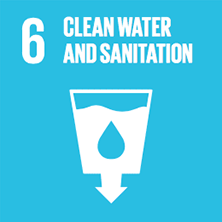
6
Clean water and sanitation
Carbon and graphite companies have a responsibility to ensure their operations do not result in contaminated water supplies or inhibit access to clean water. Sound water practices are regulated at the EU and national levels, and companies collaborate with local experts to accurately measure, analyse and test water supplies.
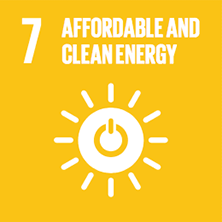
7
Affordable and clean energy
European carbon and graphite are raw materials needed for the products that produce clean energy, either as a direct component such as in batteries in cars or carbon brushes and carbon fibres in wind turbines for example, or as a constituent of other industrial processes, such as the production of silicon wafers or solar panels. Carbon and graphite companies across Europe are also working to run their operations more efficiently, using more clean energy sources and reducing their overall energy consumption.
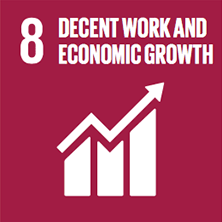
8
Decent work and economic growth
Carbon and graphite companies collaborate with governments and their supply chains to enhance broader economic development opportunities and invest in various ways to become economically, productive.

9
Industry, innovation and infrastructure
Carbon and graphite producers in Europe and their parent companies are global leaders in innovation. The sector is constantly developing stronger, more durable and more efficient materials for these purposes. The European raw materials industry innovation and high-tech developments also contribute to very important positive impacts on the European continent and globally.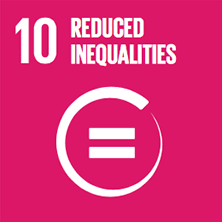
10
Reduced inequalities
The European Carbon and Graphite industry promotes diversity and is committed to achieving and maintaining a diverse and inclusive workplace.
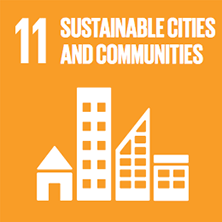
11
Sustainable cities and communities
The industry contributes to sustainable cities by supporting development of infrastructure.
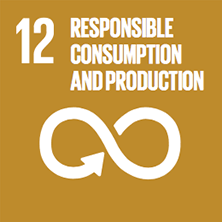
12
Responsible consumption and production
The European carbon and graphite industry has been contributing substantially for decades to the Circular Economy goals by providing industrial goods to recycle steel.
13
Climate action
Carbon and graphite will be decisive for a transition to a Low-Carbon society. The European carbon and graphite industry has adopted ambitious carbon management policies and targets and is providing products to reduce, eliminate and offset emissions in our daily lives.
14
Life below water
The European carbon and graphite industry sector contributes to the oceans’ sustainability by understanding and limiting its potential impacts and contributing to the protection and conservation of the oceans and seas.
15
Life on land
The European carbon and graphite sector is working to improve operations so that land is disturbed as little as possible by its operations.
16
Peace, justice and strong institutions
The European carbon and graphite industry is a sector complying to the jurisdictions it is operating in. It is internationally trading and in transparent dialogue with its supply chains and customers creating trust and confidence. The European carbon and graphite industry is also supplying critical raw materials and products for the defense industry which is sometimes needed to keep peace.

